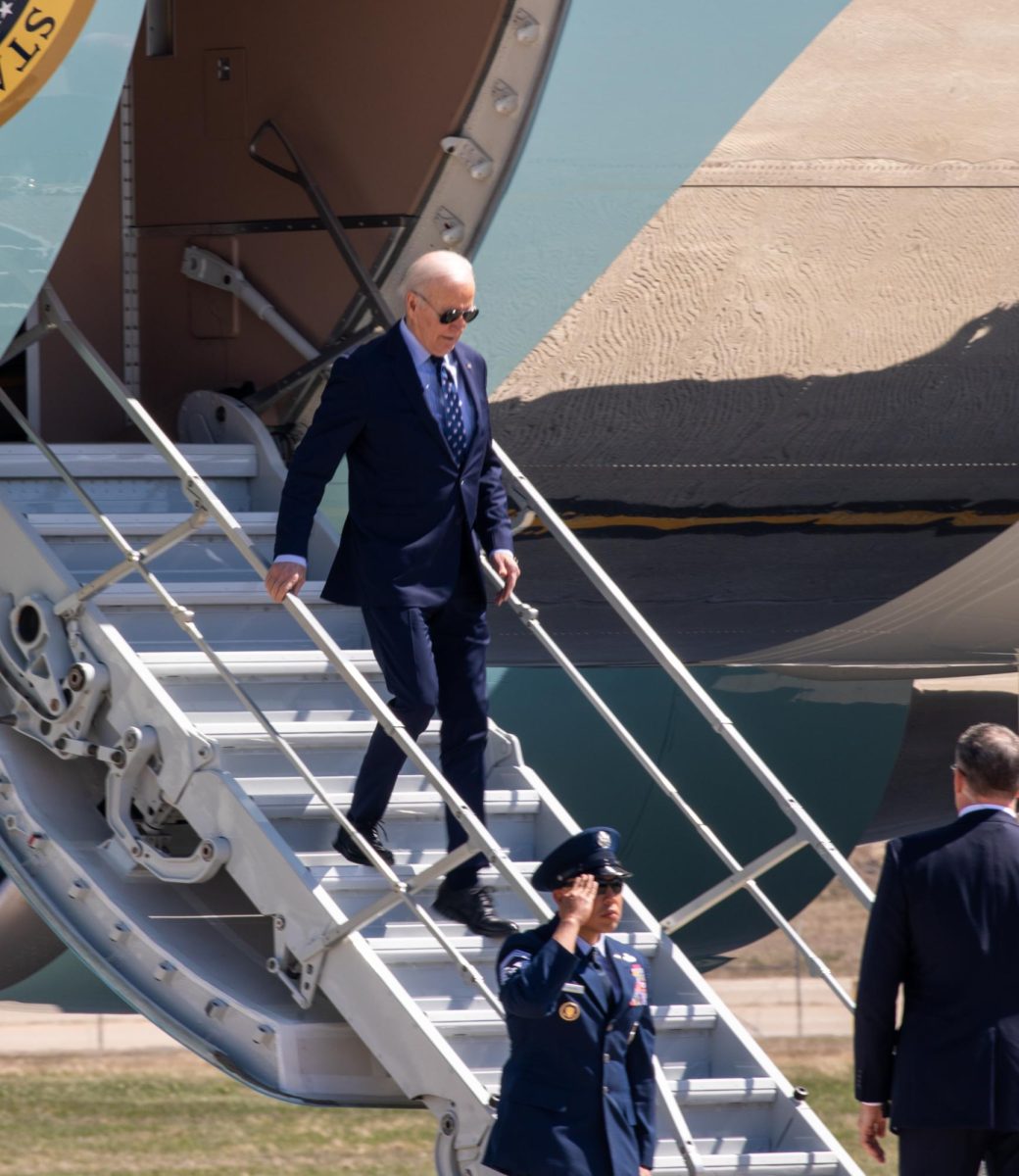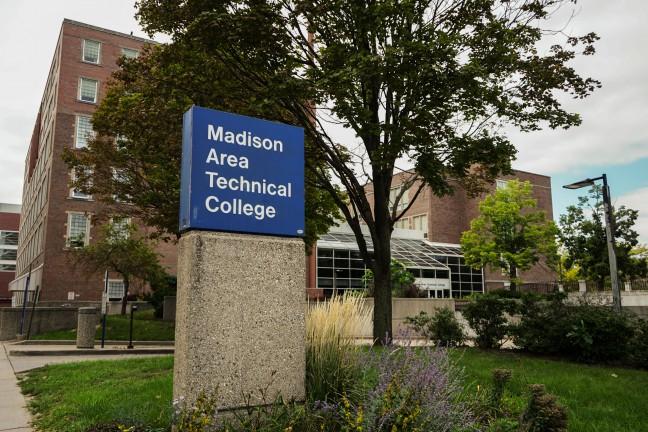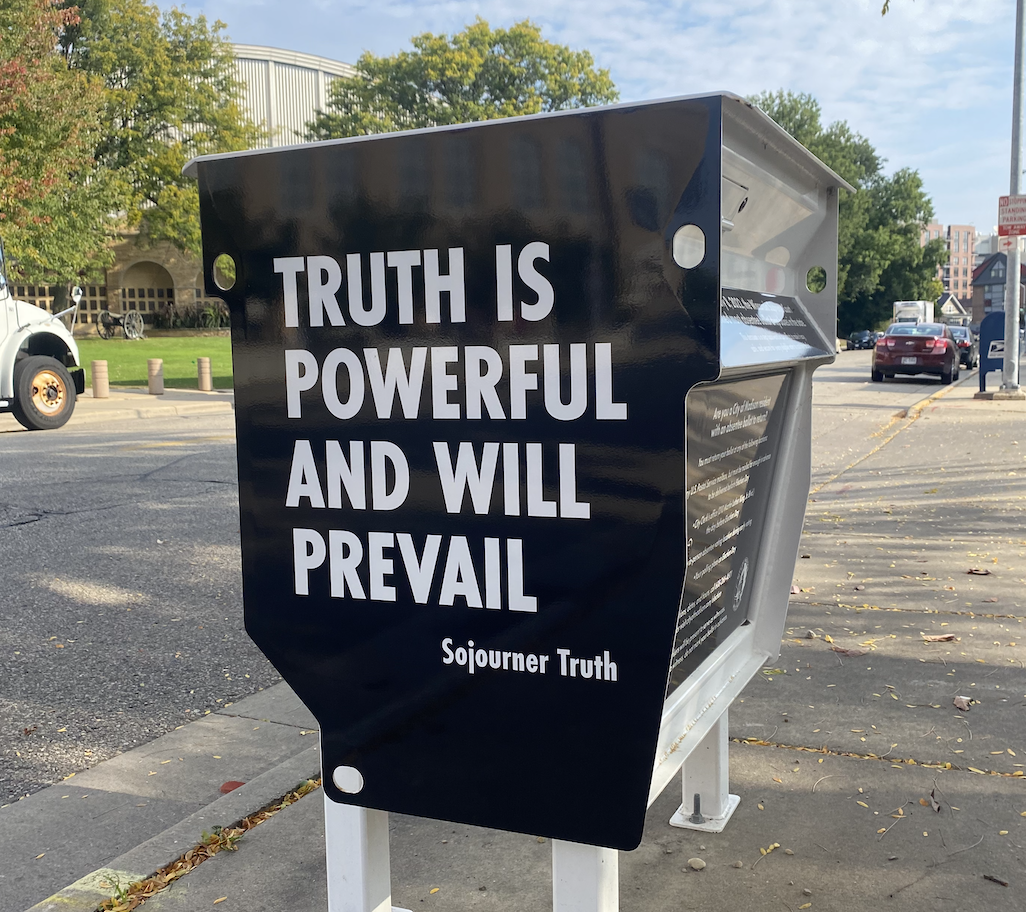When I was in Mosul in 2003, one of my favorite jobs was reading local newspapers. I was curious to find out what the Iraqis were saying about us.
One of the most memorable articles I read was an article stating 150 American soldiers were putting on Arab woman's clothes and escaping to Syria. I knew that the article was absolutely ridiculous. I had an opportunity to meet the Iraqi journalist who reported the article. I asked him why he reported information that was untrue. His response was, "That's what people on the street were saying."
I explained to him how western journalism works: unbiased reporting based on confirmed reports from multiple sources.
Sitting in coffee shops on State Street, we can laugh about these rumors from Iraq, but is American journalism lately faring much better?
Taking a second look at the initial reporting after Hurricane Katrina shows that the media and local officials reported grossly inaccurate facts. New Orleans Police Chief Eddie Compass told Oprah Winfrey "some of the little babies [are] getting raped" in the Superdome. Rumors — such as rapes, National Guard helicopters being shot, and murderers running rampant — were reported as news.
As a result, Chief Compass admitted on Sept. 26 that "rumors had often crippled authorities' response to reported lawlessness, sending badly needed resources to respond to situations that turned out not to exist." Of course, he was just as guilty as anyone else of propagating these rumors.
Local officials do bear much of the responsibility for spreading rumors that resulted in slowing down rescue efforts. The media, however, also is at fault. Instead of confirming or denying what officials are saying, the media took what they said at face value. Brian Thevenot of the New Orleans Times-Picayune stated in an interview with MSNBC on Sept. 27, "Sometimes, it's not enough to say 'we have reports that … ' I think the media has an obligation to follow up and to find the proper people to confirm these sorts of stories."
Conditions during and after Hurricane Katrina were not conducive for high-quality journalism. Mobility throughout the city was nearly impossible, and local officials did not allow reporters into some of the evacuation centers. While the media did have their work cut out for them, journalists in Iraq face nearly insurmountable difficulties.
Due to security issues, American journalists now cannot just go out on the streets of Baghdad like in New Orleans. Journalists, especially freelance journalists who cannot afford security details, have been targeted and kidnapped or killed. The Committee to Protect Journalists has listed Iraq as the most dangerous place to work as a journalist.
While journalists often have the odds stacked against them in places such as a war zone or disaster area, it is in this environment where solid reporting from confirmed sources is most critical. A survey conducted by the Pew Research Center for the People and the Press on June 27 stated that 60 percent surveyed said they feel the news media's criticism of leaders plays an important role in preventing those leaders from doing "the wrong thing."
Journalists have an enormous responsibility to the public to report confirmed stories. Failures in journalism result in the American public not trusting the media. According to a September Gallup Poll survey, 50 percent of Americans have a great deal or fair amount of trust and confidence in mass media; 49 percent, however, have little or no trust in the media.
The American public often has only one outlet to the world outside of their homes or dorm rooms: the media. When half of Americans do not trust the media (partially due to blunders in reporting), how can we make informed decisions on what is going on outside of Humanities?
Stories from Iraq of soldiers fleeing en masse in women's clothes may sound like ridiculous rumors reported as fact. After some of the reporting after Katrina, however, they show the American media may also have to have to return to the basics of journalism: reporting from confirmed sources, not rumors from the street or uninformed local officials.
We in Madison rely on the media to inform us about the truth — not untrue rumors — as to what is going on outside of our daily lives, whether in other parts of the country or on the other side of the pond. The media needs to fulfill their obligation to provide us the solid information necessary to make decisions based on fact, not on rumors.
Jeff Carnes ([email protected]) is a senior majoring in linguistics.







